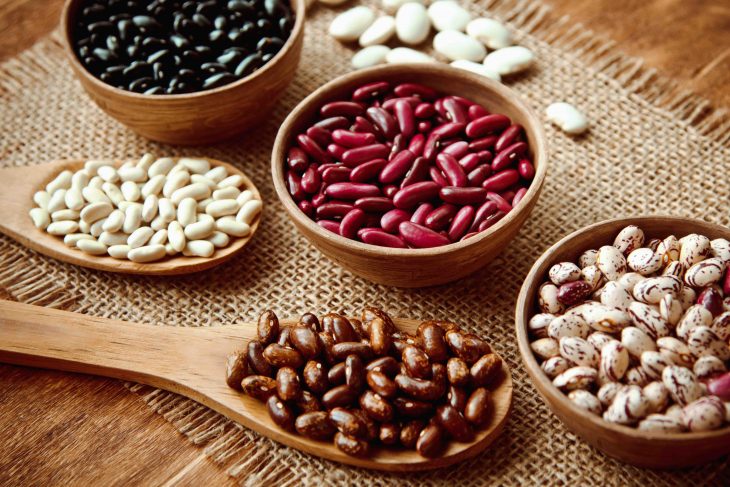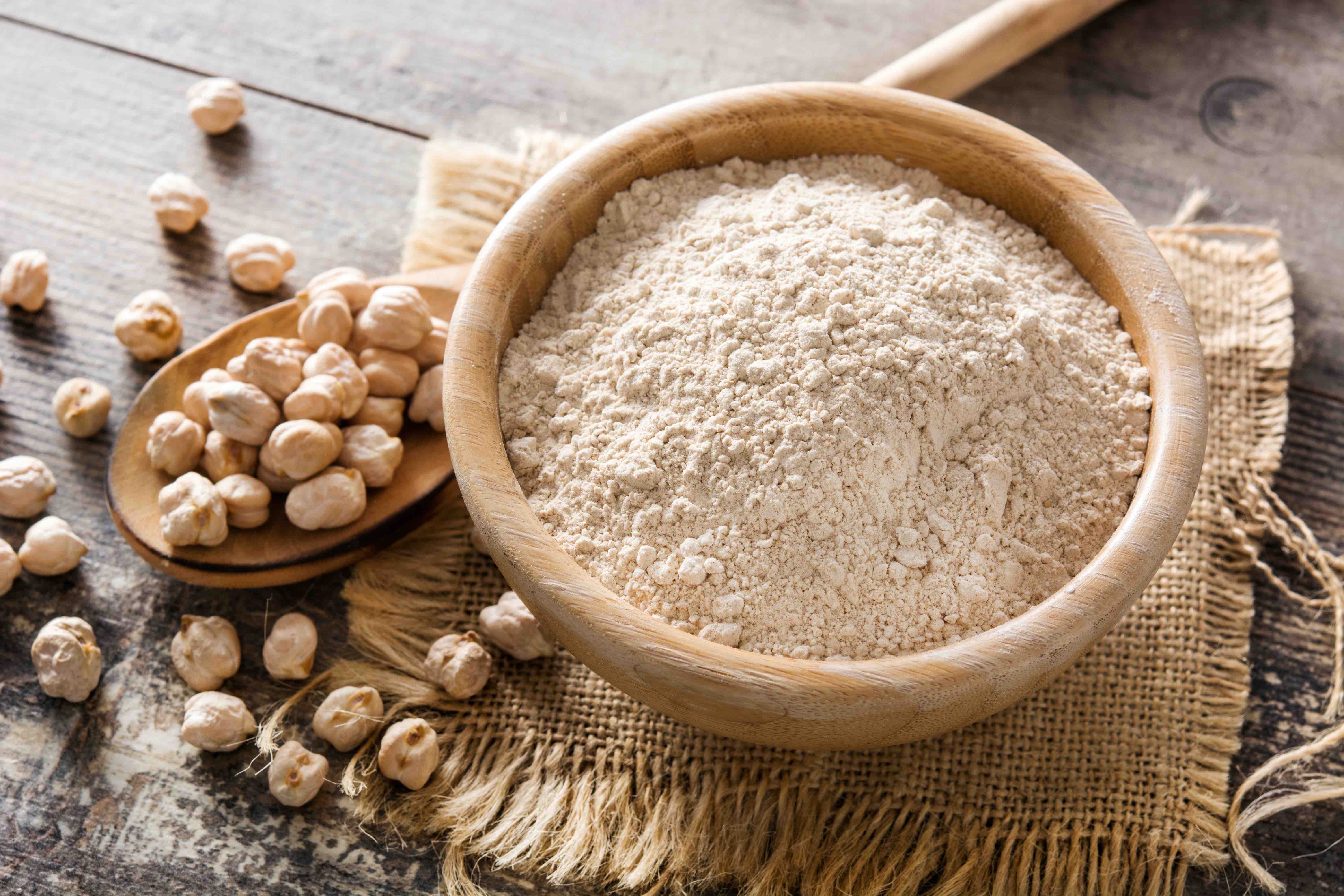
Beans are not only a common pantry staple but also a fascinating ingredient with a rich history and numerous varieties. In this article, we will uncover 15 intriguing facts about beans, ranging from their cultural significance to their nutritional benefits. So, let’s dive into the captivating world of beans!
Ancient Staple
Beans have been cultivated for thousands of years, with evidence of their consumption dating back to ancient civilizations. The Aztecs, Incas, and Egyptians all recognized the nutritional value of beans and incorporated them into their diets.
Diverse Varieties
Beans come in a wide array of shapes, sizes, and colors, offering a delightful variety for culinary exploration. From kidney beans and black beans to chickpeas and lentils, each type brings its unique flavor and texture to dishes.
Nutrient Powerhouses
Beans are nutritional powerhouses, rich in protein, fiber, vitamins, and minerals. They are particularly high in folate, iron, potassium, and magnesium, making them a valuable addition to a balanced diet.
Global Cuisine
Beans hold a significant place in cuisines across the globe, featuring prominently in traditional dishes. From Latin American feijoada to Indian rajma and Middle Eastern ful medames, beans are celebrated in diverse culinary traditions.
Sustainable Crop
Beans are an environmentally friendly crop due to their ability to fix nitrogen in the soil, reducing the need for synthetic fertilizers. They also require less water compared to other protein sources, contributing to water conservation efforts.
Heart-Healthy Benefits

Regular consumption of beans has been linked to a reduced risk of heart disease. Their high fiber content helps lower cholesterol levels and maintain healthy blood pressure, promoting cardiovascular health.
Digestive Health
The high fiber content in beans supports healthy digestion and helps prevent constipation. Additionally, beans contain resistant starch, a type of fiber that nourishes beneficial gut bacteria.
Budget-Friendly and Versatile
Beans offer an affordable and versatile source of nutrition, making them an excellent choice for budget-conscious individuals. They can be used in a wide range of dishes, including soups, stews, salads, spreads, and even desserts.
Protein Power
Beans are an excellent plant-based source of protein, making them a valuable option for vegetarians and vegans. Combining beans with grains, such as rice or corn, creates a complete protein with all the essential amino acids.
Weight Management
Due to their high fiber and protein content, beans help promote satiety, keeping you feeling fuller for longer. Including beans in meals can support weight management efforts by reducing overall calorie intake.
Cultural Significance
In many cultures, beans have symbolic meanings and are associated with luck, prosperity, and new beginnings. From New Year’s traditions to ceremonial dishes, beans play a significant role in various cultural practices.
Cooking Tips
Soaking beans before cooking can help reduce cooking time and improve digestibility. To soak beans, cover them with water and let them sit overnight or use the quick-soak method by bringing them to a boil and letting them soak for an hour.
Canned Beans Convenience
Canned beans offer convenience and save time in the kitchen, as they are pre-cooked and ready to use. Look for low-sodium options and rinse canned beans before using to reduce sodium content.
Bean Flour

Beans can be ground into flour, offering a gluten-free alternative for baking and cooking. Bean flour adds a unique flavor and texture to recipes and is particularly useful in creating gluten-free baked goods.
Long Shelf Life
Dried beans have a long shelf life, making them an excellent pantry staple for emergencies or when fresh produce is scarce. Properly stored, dried beans can remain edible for up to two years, providing a reliable source of nutrition.
Final Word
Beans are not only versatile and delicious but also offer a multitude of benefits. From their rich history and cultural significance to their nutritional value and culinary possibilities, beans continue to captivate people worldwide. So, why not embrace the fascinating world of beans and explore the numerous ways they can enhance your meals and support your well-being?
Frequently Asked Questions (FAQs)
Are beans a good source of protein?
Yes, beans are an excellent plant-based source of protein. They are particularly high in protein and can be a valuable component of a vegetarian or vegan diet.
Do beans need to be soaked before cooking?
Soaking beans before cooking can help reduce cooking time and improve digestibility. It is recommended to soak beans overnight or use the quick-soak method.
Can I use canned beans instead of dried beans?
Yes, canned beans are a convenient alternative to dried beans. They are pre-cooked and ready to use, saving time in the kitchen. Just remember to rinse them before using to reduce sodium content.
Are beans suitable for gluten-free diets?
Yes, beans are naturally gluten-free and can be used as a gluten-free alternative in baking and cooking. Bean flour, made from ground beans, is particularly useful for gluten-free recipes.
How long do dried beans last?
Properly stored, dried beans can last up to two years. They are a reliable pantry staple, providing a long-lasting source of nutrition.
Note: Remember to consult with a healthcare professional or nutritionist for personalized dietary advice.
Was this page helpful?
Our commitment to delivering trustworthy and engaging content is at the heart of what we do. Each fact on our site is contributed by real users like you, bringing a wealth of diverse insights and information. To ensure the highest standards of accuracy and reliability, our dedicated editors meticulously review each submission. This process guarantees that the facts we share are not only fascinating but also credible. Trust in our commitment to quality and authenticity as you explore and learn with us.
